The impact of tariffs on the economy
According to a recent report by Maybank Investment Bank (MSVN), the immediate impact of the tariff policy is a clear decline in exports to the US market - Vietnam's largest trading partner; at the same time, foreign investor confidence is also affected, causing FDI capital flows to slow down. Along with that, domestic consumption is under pressure as people and businesses are more cautious in spending and borrowing, leading to a slowdown in credit in some key industries.
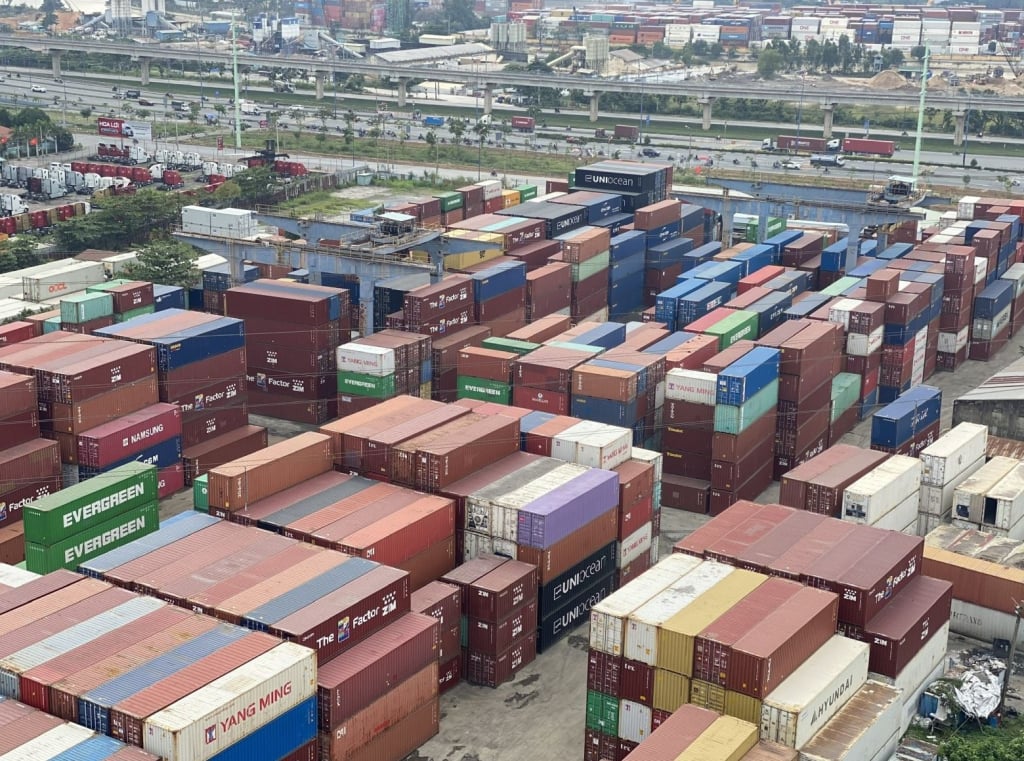
Regarding exchange rates, Dragon Capital Securities Joint Stock Company (VDSC) warned that the USD is under pressure to increase in value due to global currency fluctuations and trade tensions, however, the State Bank of Vietnam (SBV) still has room to control exchange rate fluctuations within a range of 3-5% to support macroeconomic stability in 2025.
However, on a positive note, trade negotiations between Vietnam and the United States are currently underway with the expectation of reducing applicable tariffs, thereby helping to reduce pressure on exports and maintain economic growth momentum in the medium and long term.
Therefore, the business results of the first quarter of 2025 show a quite positive overall picture, when listed enterprises' profits increased by 13.2% over the same period last year, demonstrating the remarkable endurance and internal strength of the economy in a difficult context.
However, according to MSVN's analysis, there is a clear differentiation between industries. Industries with outstanding profit growth rates include residential real estate up 287%, industrial parks up 317%, information technology up 22.3%, banking up 13.3% and retail up 51.2% over the same period. These industries have in common that they are highly domestic or less directly affected by tariffs, while benefiting from stimulus policies and administrative procedure reforms.
In contrast, the energy, beverage and marine logistics sectors recorded a decline in profits, of -18.5%, -22.6% and -0.7% respectively. The main reasons were fluctuations in world raw material prices, increased input costs, as well as difficulties in direct exports due to tariffs and other objective factors.

VDSC analysts added that this differentiation is also reflected in the level of connection of each industry with the export value chain and the impact of tax policies on each specific product group.
This clearly shows that businesses with a solid financial foundation and flexibility in management have demonstrated outstanding resilience, while unprepared businesses will face many challenges.
An important bright spot in the current difficult context is the resilience and ability to turn around the Vietnamese economy, strongly supported by fiscal stimulus policies and administrative reforms. MSVN assessed: “The Government has approved fiscal support packages with a scale of 2.7 - 2.9% of GDP, including tax exemptions, boosting public investment and stimulating consumption, to minimize the negative impact of tariffs”.
At the same time, reforms in administrative procedures and cost reduction for businesses are also being implemented vigorously. VDSC commented: “The private economic development project and policies to streamline the administrative apparatus are expected to open up opportunities to improve the competitiveness of domestic enterprises.”
Not only with supportive policies, market-leading enterprises with strong financial potential have proactively taken advantage of the context to expand their scale and increase market share in areas such as real estate, steel, information technology and aviation logistics. This initiative has created a positive bright spot in the entire market, contributing to improving the health of the economy during a period of volatility.
Challenges and opportunities for the stock market
Although the Vietnamese stock market is showing positive signs of recovery in the first quarter of 2025, it is undeniable that there are still many significant challenges. One of the biggest pressures is still the uncertainty of the US-Vietnam tariff policy, when negotiations have not yet had a certain result and the tax rate can change unexpectedly, directly affecting investor sentiment and business operations of enterprises, especially export enterprises and enterprises related to the global supply chain.
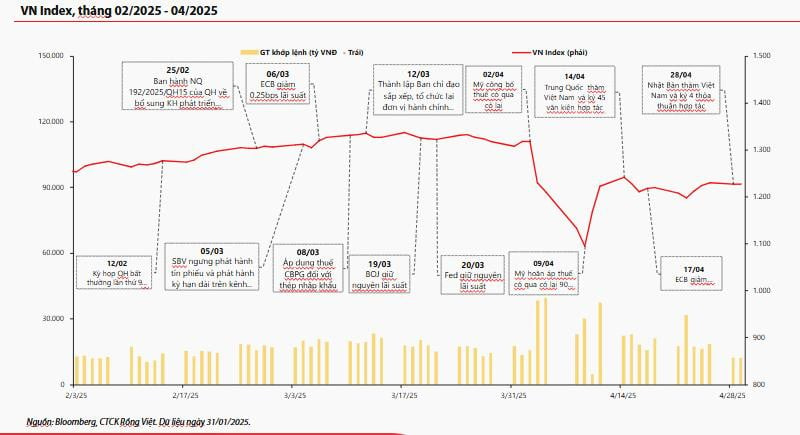
MSVN warned: “The prolonged uncertainty of tariffs will continue to create short-term volatility, putting pressure on valuations and market liquidity.”
In addition, the USD/VND exchange rate and international monetary policies are also potential risk factors that can impact capital costs, foreign cash flows and investor confidence. In addition, the slowdown in global economic growth also contributes to caution in the financial market in general.
However, in addition to challenges, the Vietnamese stock market is also opening up attractive opportunities. According to VDSC, the current market valuation is in a reasonable range, creating the premise for accumulating quality stocks at attractive prices. Stocks in the banking, residential real estate, steel and information technology groups are assessed to have a healthy financial foundation, stable growth potential and are less directly affected by tariffs, becoming bright spots for investment in the context of fluctuations.
In addition, strong liquidity, abundant domestic cash flow and increased margin debt demonstrate the active participation of individual investors, contributing to maintaining vitality and creating support for the market when foreign investors tend to net sell.
In the context of many fluctuations and risks that cannot be eliminated, a cautious and focused investment strategy is recommended by experts. MSVN suggests: "Prioritize a defensive investment strategy, focusing on stocks with stable profitability, high dividend payments and in industries with sustainable long-term demand."
Specifically, the banking sector with its diversified loan structure, large capitalization and stable NIM (net interest margin) is considered a solid support for the investment portfolio. Residential real estate and steel, with growth potential supported by stimulus packages and public investment, are also priority sectors.
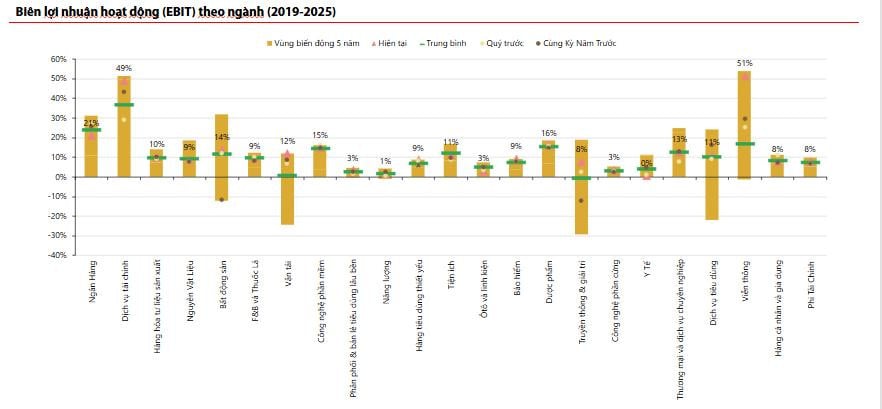
VDSC also emphasized the importance of choosing stocks with a sound financial foundation, good risk management capabilities and long-term sustainable growth potential. At the same time, investors should proactively monitor developments in international trade policies, exchange rates and interest rates to adjust their portfolios appropriately when major fluctuations occur.
In addition, portfolio diversification and balancing investment proportions among sectors are also recommended to minimize risks and optimize investment performance in an uncertain context. Investors can also consider using risk prevention tools such as VN-Index futures to protect their portfolios during periods of strong volatility.
Source: https://baoquangninh.vn/buc-tranh-kinh-te-viet-nam-quy-i-2025-vuot-song-thue-quan-tan-dung-noi-luc-3358390.html



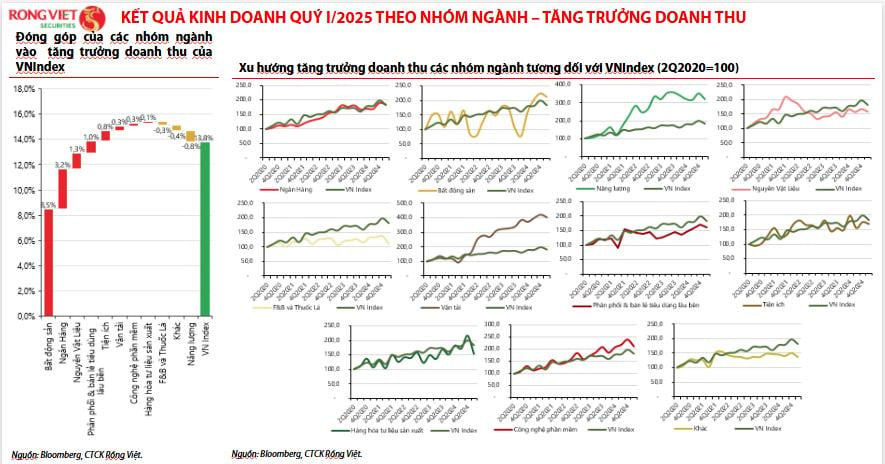


![[Photo] President Luong Cuong attends special political-artistic television show "Golden Opportunity"](https://vphoto.vietnam.vn/thumb/1200x675/vietnam/resource/IMAGE/2025/8/22/44ca13c28fa7476796f9aa3618ff74c4)
![[Photo] Prime Minister Pham Minh Chinh chairs the conference to review the 2024-2025 school year and deploy tasks for the 2025-2026 school year.](https://vphoto.vietnam.vn/thumb/1200x675/vietnam/resource/IMAGE/2025/8/22/2ca5ed79ce6a46a1ac7706a42cefafae)




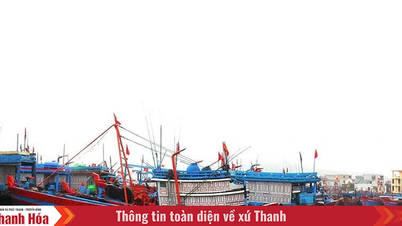






















































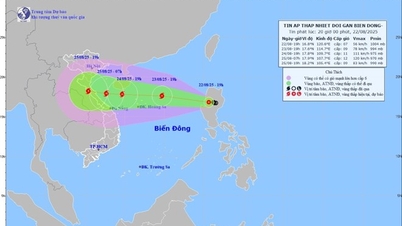





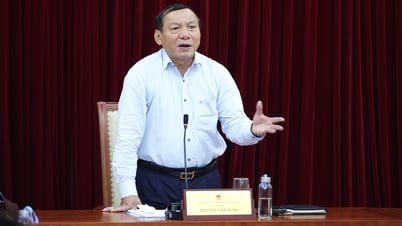








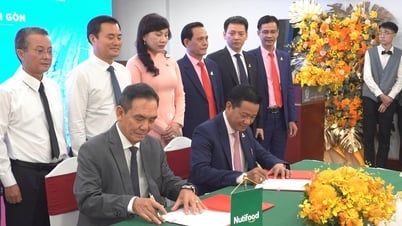













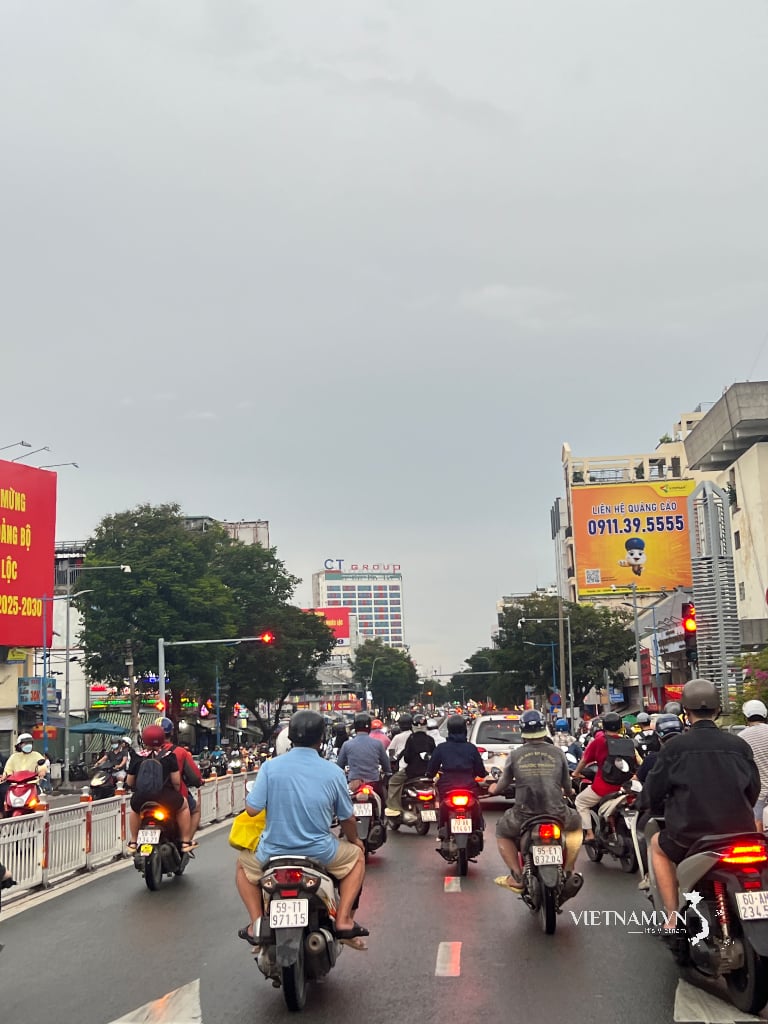



Comment (0)